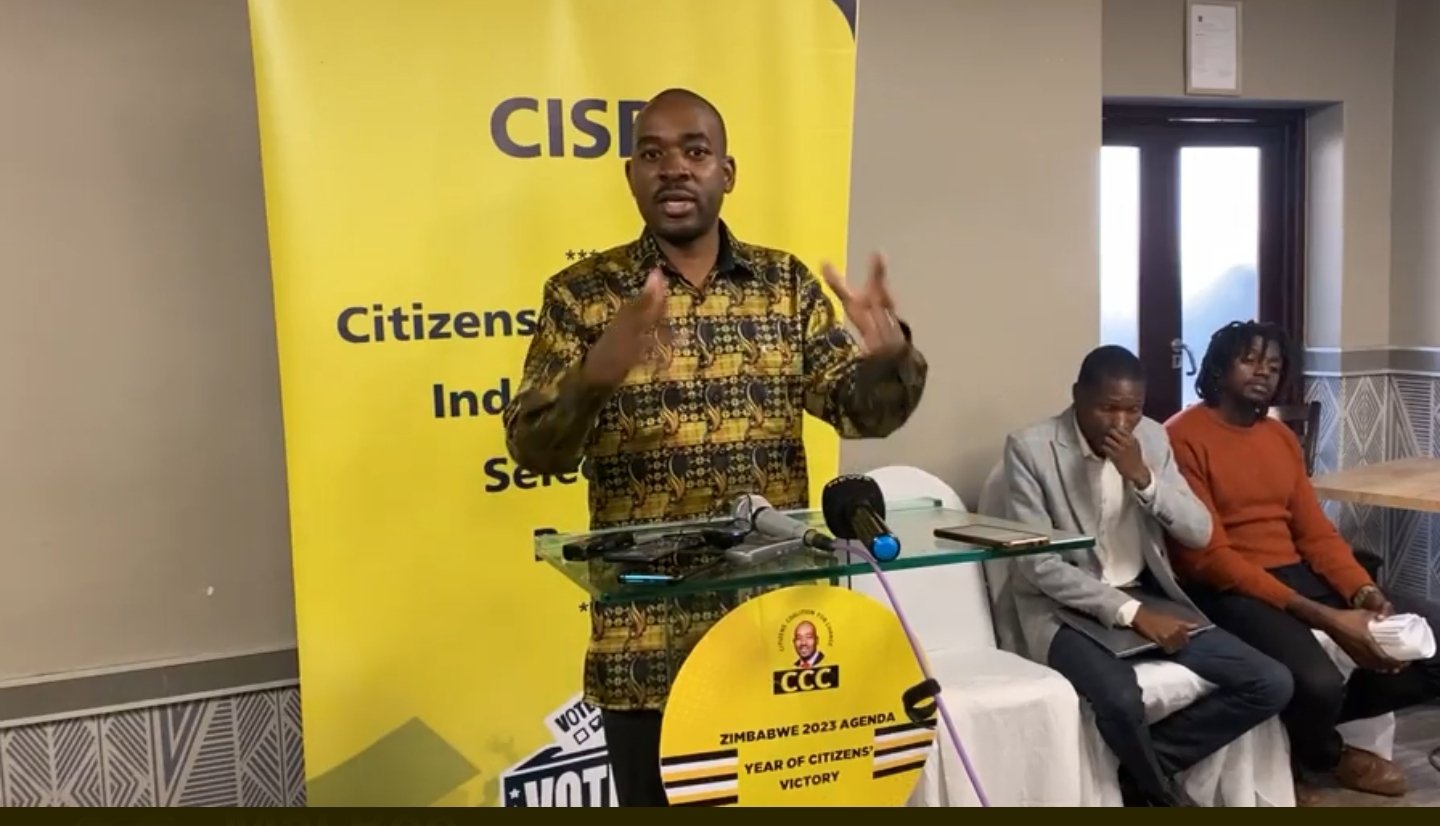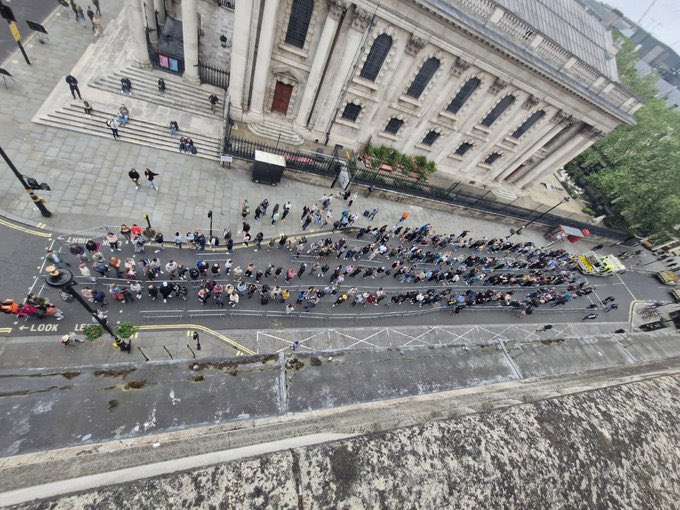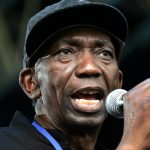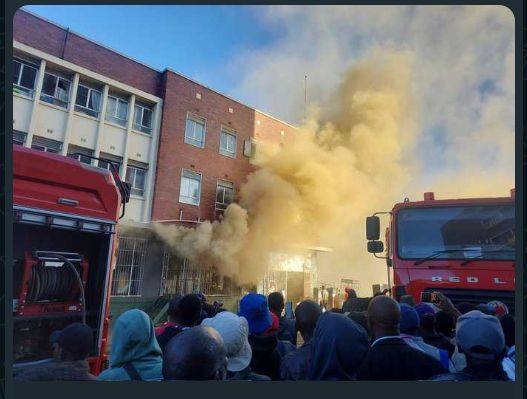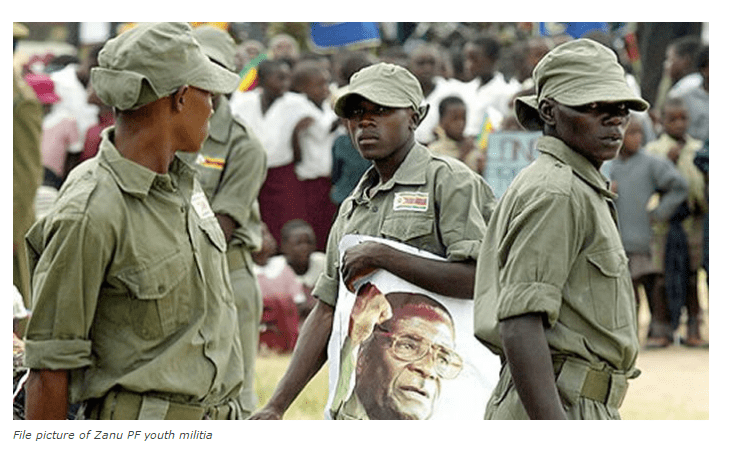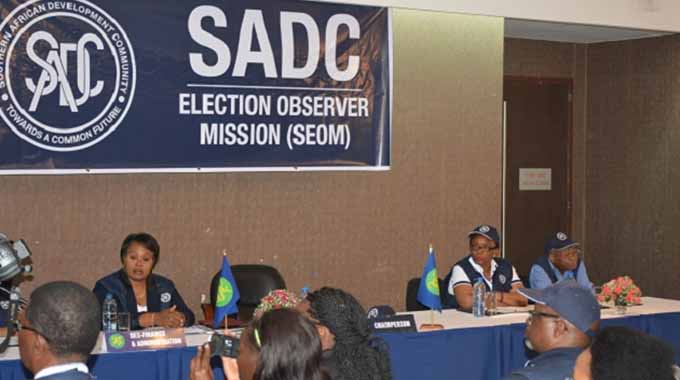A Zimbabwean lawyer based in the United Kingdom, Brighton Mutebuka has urged Citizens Coalition for Change (CCC) leader Nelson Chamisa to urgently register a complaint with the Southern African Development Community (SADC) using the Special Electoral Advisory Council (SEAC) process.
The SEAC process gives room for non-state actors to register disputes.
Mutebuka’s advice follows the release of the final report on Zimbabwe’s just ended disputed polls by the SADC Election Observer Mission (SEOM) calling on parties with grievances to pursue appropriate legal channels to exhaust domestic legal remedies.
Many have been wondering what could be the next steps for CCC as they relied on the SADC to pressure Zimbabwe into holding new elections.
Mutebuka writes:
Way Forward After The SEOM’s Final Report
-
Many Zimbabweans have been asking what the way forward should now be following the conclusion of the SEOM process.
-
My answer is that Nelson Chamisa & his party CCC should move swiftly to register a dispute with SADC using the SEAC process which provides for registration of disputes by non-state actors.
-
Unlike the SEOM process, there is no discretion involved in dealing with such a dispute and all parties to that dispute are treated equally, while provision is also made for its swift resolution.
-
The mechanics surrounding how the dispute is raised can obviously not be shared here given the sensitivity involved.
-
The options available in terms of how the dispute can be resolved are much broader and not as constraining as the situation under the SEOM process which the regime in Zimbabwe obviously treats with contempt.
-
It is not enough to simply raise the dispute. Zimbabweans in general and the opposition in particular should then seek to dramatise that dispute diplomatically & constitutionally, including via sustained, collective peaceful street protests, so that there is no mismatch between an ongoing SEAC process and the prevailing political environment on the ground like we have seen with the SEOM process.
-
It is obvious and natural that the regime will seek to oppose any peaceful protests, including via a swift and brutal response using a combination of live ammunition and dragnet like arbitrary arrests and prolonged denial of bail.
-
That is why it’s important to mobilise successfully & to conquer fear, which is a state of mind. ED’s generation had to walk many miles on foot and challenged an equally brutal Smith regime. It’s where the entitlement to want to rule for life comes from.
-
There is nothing that @nelsonchamisa
can do on his own. If he leads from the front, he will simply either be shot or arrested straight away, to be detained indefinitely which will effectively be the end of the opposition movement and clearly what the regime would want. -
If you ask me, I do not want revolutions. I would rather the regime swallows its pride, stops the nonsense that it is currently engaging in via the Speaker’s office, and allows SADC to mediate to pave the road for a free, fair & credible election.
-
We know that it won’t, and we know that the current situation is not sustainable, so something will have to give. There is no point in engaging in peaceful protests if the numbers are not sufficient.
-
If the opposition fails to exact a political cost or challenge the regime peacefully but effectively, then that will be the end of it. People will lose faith in it and in elections, giving way to radicals, most likely in the ruling party or the security cluster emerging in the lead up to 2028, if the situation holds for that long.
-
Regrettably, the current opposition policy of disengagement from Parliament is inadequate to meet the scale of the challenge.
-
It creates confusion to it’s constituency via inconsistencies and presents no political cost to the regime or the ruling elite.
-
An adequate response was desperately needed to the electoral heist nearer the event to take advantage of the then prevailing momentum and the SADC SEOM process.
-
The nationwide consultations were strategic and absolutely critical to conscientise and drum up support but they have now been overtaken by the Tshabangu debacle which presents an existential challenge creating an even more imperative for a powerful & defiant response without which credibility and morale will dissipate – and by the way, it’s not an easy assignment by any stretch of the imagination, it’s clearly a generational challenge given that the situation has reached another level!

